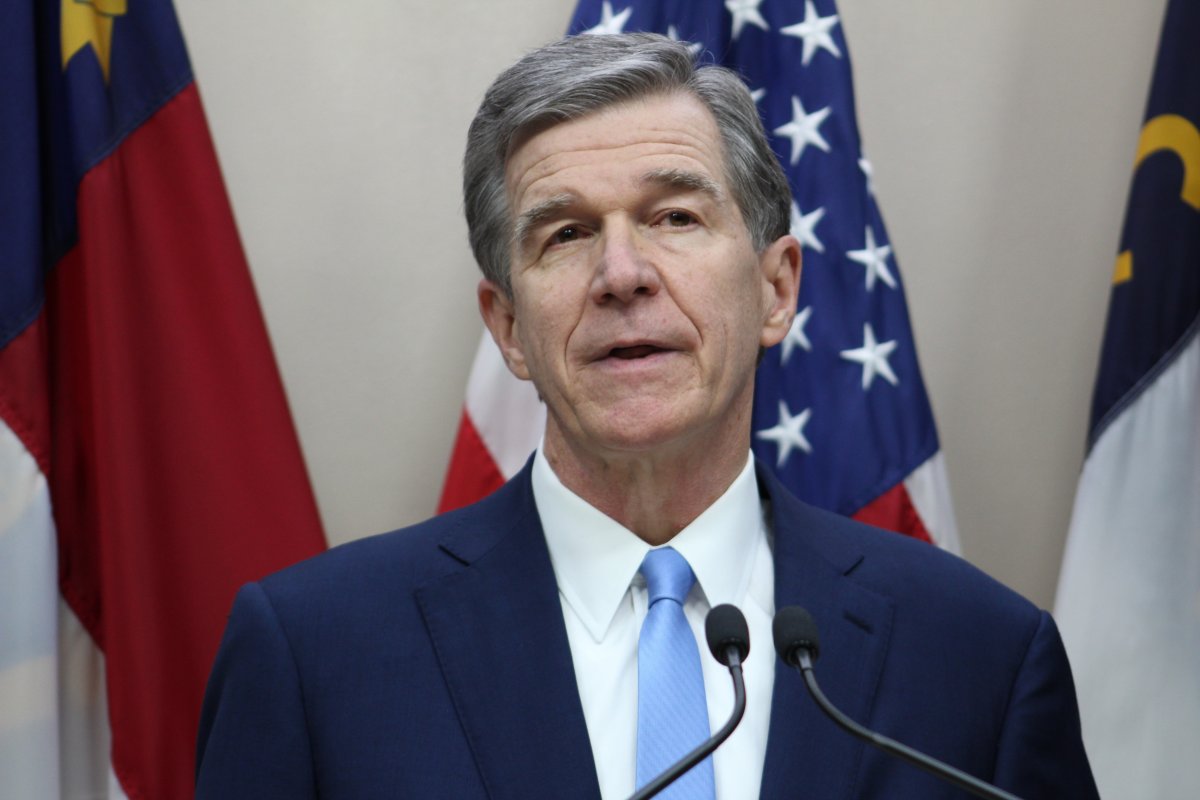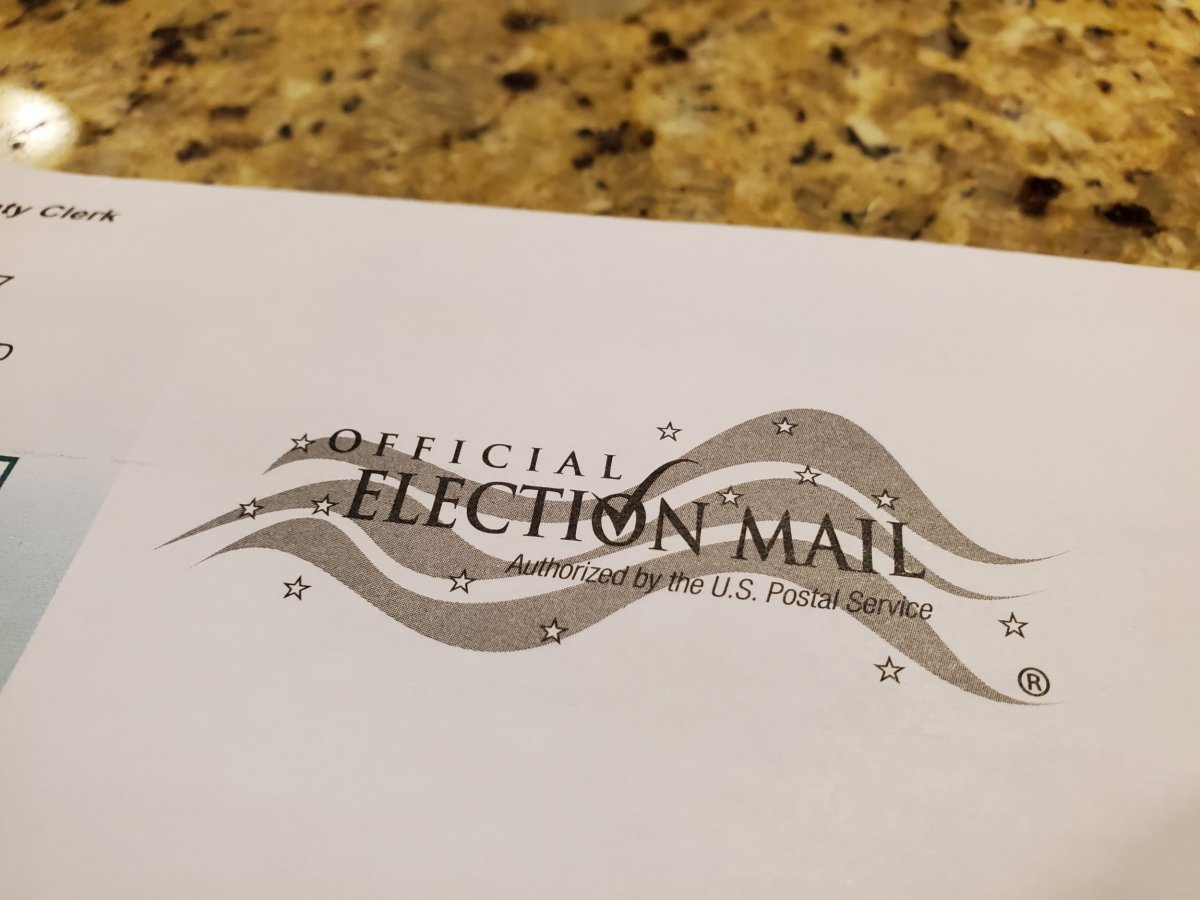On Thursday, North Carolina Democratic Governor Roy Cooper vetoed a bill barring mail-in ballots received after Election Day from being counted.
The bill would have also barred counting ballots postmarked on or before Election Day. Envelopes postmarked by the day of the primary or general election are counted if received within a three-day grace period, according to current law.
Republicans said the bill would increase the public's trust in election outcomes and aid in calling results faster, The Associated Press reported. However, Democrats and allies said the measure would restrain voting in the state, where top-ballot races are closely divided. They also suggested the bill would perpetuate former President Donald Trump's allegations of voter fraud in the last presidential election, which remain unfounded.
"The legislature ironically named this bill 'The Election Day Integrity Act' when it actually does the opposite," Cooper said in a message announcing his veto. "Election integrity means counting every legal vote, but this bill virtually guarantees that some will go uncounted."
Under the measure, ballots would have to be turned in to county election workers by 7:30 p.m. the day of a general or primary election, regardless if it's sent by mail or in person. Military or overseas absentee ballots would be exempt.
"Election Day is the election deadline in plenty of Democrat-run states, yet Gov. Cooper and Democrats keep peddling this bizarre theory that the policy is an attempt at voter suppression," Sen. Paul Newton, a Cabarrus County Republican and bill sponsor, said after the veto in a news release.
For more reporting from the Associated Press, see below.

Cooper's veto was expected, given that Republicans pushed through the measure on party lines. Any GOP attempt to override his veto also is likely to fail given that Republican majorities in both the House and Senate aren't veto-proof. Republicans haven't overturned any of Cooper's previous 12 vetoes this year.
Republicans shepherding the bill have not made fraud allegations a part of their arguments, but they have made references to the extended period of time in which some high-level races take to resolve.
They also remain unhappy about a legal settlement between the State Board of Elections and a union-affiliated group extending the grace period to nine days for the November 2020 election only to address postal delays and the pandemic, which made absentee ballots were extremely popular. They said it's the legislature's job to set rules to administer elections, not the courts.
Democrats said the measure would have prevented people uncertain about their preferred candidate to wait until a campaign's final days for fear their mail-in ballot wouldn't arrive in time. Republicans have pointed out that more than 30 states already don't accept absentee ballots received after Election Day.
More than 11,600 ballots received during the first three days after Election Day last year were lawfully counted, according to the State Board of Elections. More than 5.5 million North Carolina voters cast ballots for the November 2020 election.
North Carolina officials already begin mailing 60 days before Election Day absentee ballots requested by registered voters. There are also 17 days of early in-person voting.
Another election-related measure sent this week to Cooper's desk and also likely to receive his veto stamp would bar election boards and officials in counties from accepting private money to run elections.
Millions of dollars were received from nonprofit entities to purchase pens and to provide bonuses to workers at early voting sites for the November 2020 elections. One grant distributor received large donations from Mark Zuckerberg, the CEO of the company formerly known as Facebook, and his wife. Republican bill authors said outside donations to government agencies create the impression of undue influence in elections.

Uncommon Knowledge
Newsweek is committed to challenging conventional wisdom and finding connections in the search for common ground.
Newsweek is committed to challenging conventional wisdom and finding connections in the search for common ground.
About the writer
To read how Newsweek uses AI as a newsroom tool, Click here.








